Module Social Change
The research module “Social Change” studies how social norms, self-perceptions (self-categorization, group identities) and a changing economic environment shape perceptions of inequalities and thus political demand for public policies. Thereby, this module plays a central role in the framework of this URPP as it creates a link between module “Economic Change”, which focuses on objective economic inequalities, and module “Public Policy”, which studies policy remedies. It is necessary because the objective, structural inequalities (between workers of different skill-levels, income-groups, men and women etc.) do not translate directly into perceived and politicized inequalities. Rather, this link between structural conditions and people’s perceptions, preferences and behavior is conditioned by both societal norms, i.e., the differential acceptability of inequalities, as well as individuals’ self-perception, i.e., how they perceive their own situation in the unequal distribution of resources. Both social norms and self-perceptions are, in turn, shaped by narratives, discourses and programmatic claims of social and political actors, such as political parties. In evaluating which policies will be democratically supported and effective to address inequalities, these politicized perceptions are crucial to understand.
Module director:
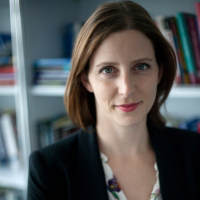
Prof. Silja Häusermann
Deputy Director of the URPP and Project Leader
Department of Political Science
Project leaders:
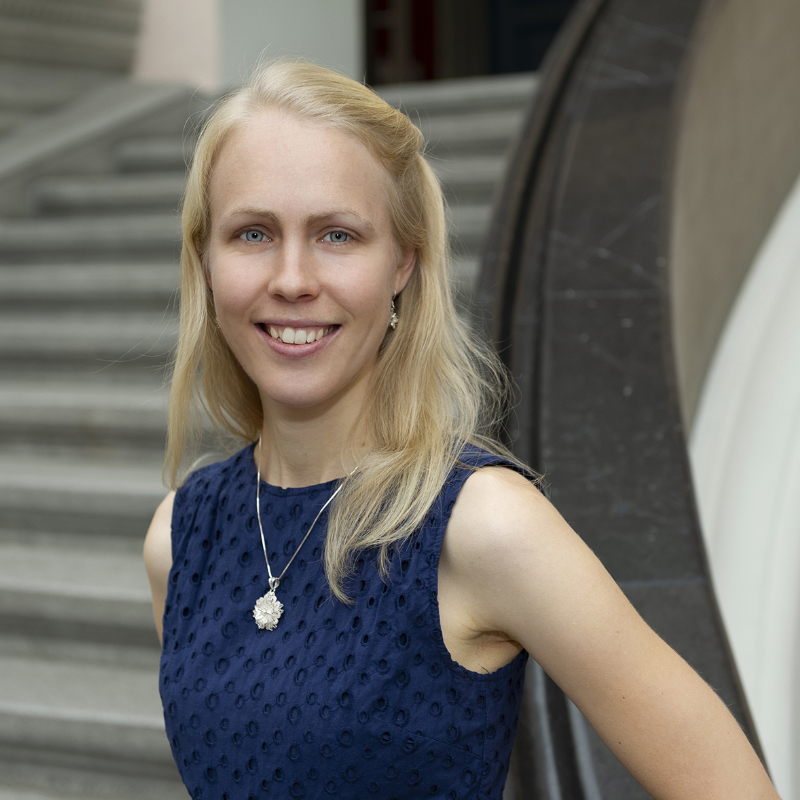
Prof. Anne Brenøe
Project Leader
Department of Business Administration
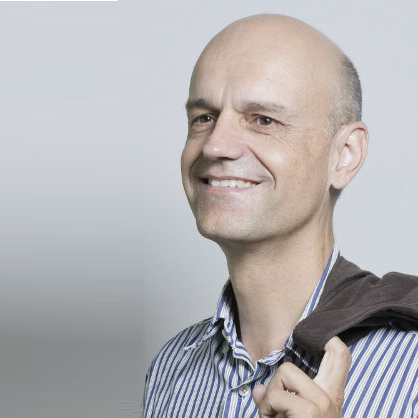
Prof. Francis Cheneval
Project Leader
Department of Philosophy
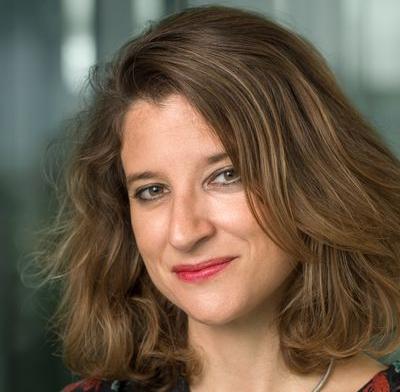
Dr. Benita Combet
Project Leader
Department of Sociology
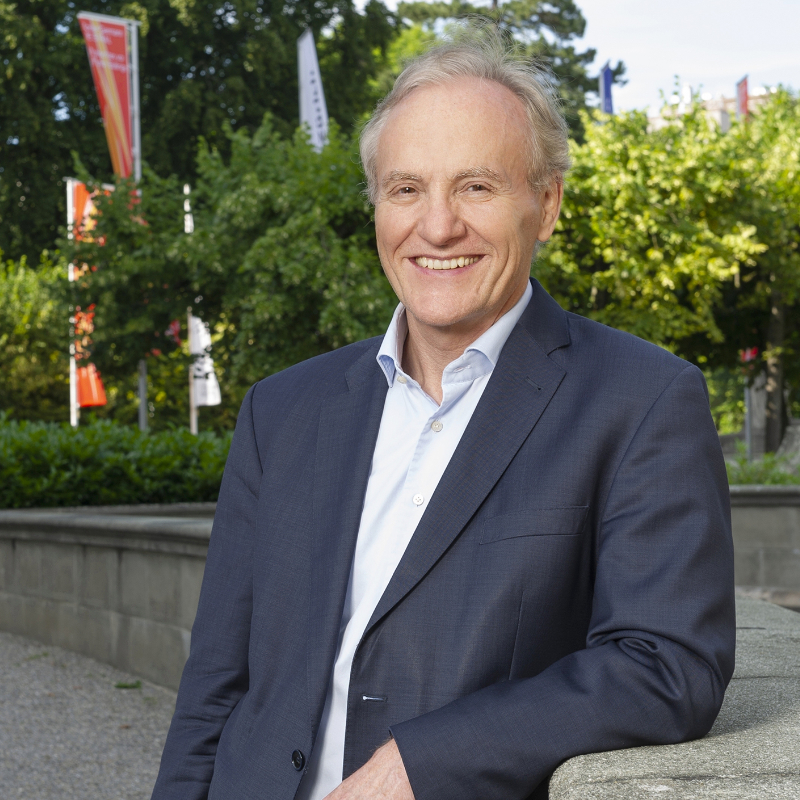
Prof. Ernst Fehr
Project Leader
Department of Economics
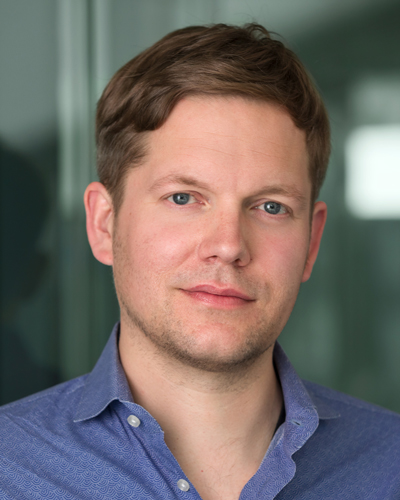
Prof. Marco Giesselmann
Project Leader
Department of Sociology
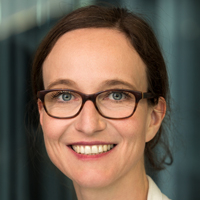
Catherine Herfeld
External Research Felllow
University of Hannover, Institute of Philosophy
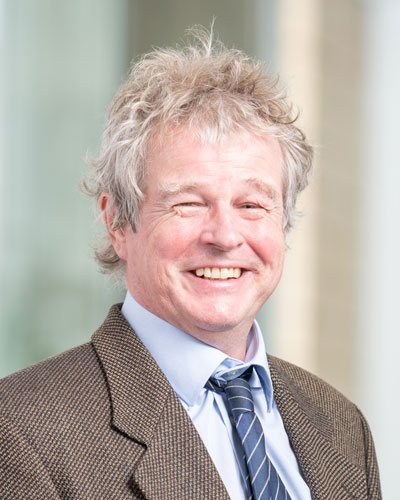
Prof. Steven Ongena
Project Leader
Department of Finance
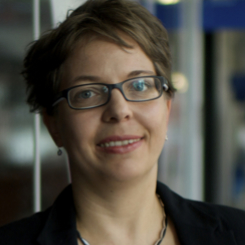
Prof. Stefanie Walter
Project Leader
Department of Political Science
-
Equalizing opportunities: compensation and
backlash - Gender (a-)typical educational choices
- Inequality and demand for public policies
- Inequality, group identities and political demands
- Meritocracy, selfishness, inequality aversion and redistribution policies
- Pursuing the American Dream
- The rise of the Global South and perceptions of inequalityds
- Value judgments in defining population groups; implications for self- perception and outside-perception of these groups
- Completed Projects